History and Origin
Quails are migratory game birds with mottled brown feathers and short tails, which are native to Europe, Asia and Africa. The origin of this bird dates back to the 11th century while it is also referred to, in the old testament of the bible. Egyptians caught Quails from their farmland for the purpose of meat while in china these birds were kept as pets and as “singing birds”. In the late 11th century quail was brought to Japan where it was first domesticated. Since the farming and breeding of quail is credited to the Japanese it’s called a Japanese quail or a Coturnix Quail.
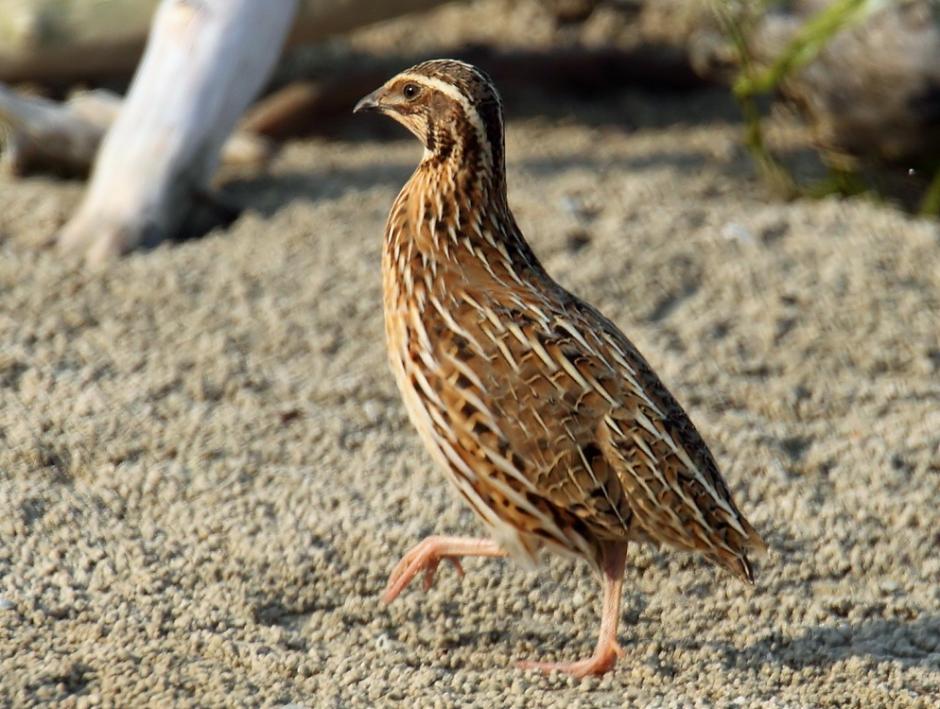
Quail farming and benefits of raising quails
Quails are much easier to raise and breed than poultry. Along with the several benefits of the high protein meat they have to offer, these birds make excellent pets as they are skittish birds and with a little training they will let you coddle them and will be feeding out of your hand. For raising Quails one does not need special training or expertise. All you need is a well ventilated 8ft by 8ft room or pole building and an incubator and you can start raising them. An incubator can be created at home as well as bought online at a reasonable price. The most ideal feed for baby Quails is poultry starter feed like game bird starter and since these baby quails are so small, the feed can only be given to them in a crumbly state. As a beginner one may start with young coturnix quails which are ideal as they mature in 6 weeks and start laying eggs in 7 – 8 weeks. Most experts suggest the ratio of 1 male to 3 female quails for breeding as that produces the most fertilized eggs. To protect quails from predators like snakes it is ideal to use a wire mesh around their cages. Farming quails in your own backyard can provide you with free garden manure. Scoop up the quail droppings and let them age so they break down and then use them to fertilize your garden. These birds are diverse in their colors and it is often a brilliant pastime just to watch them in the summer. Raising them is very cheap because they can live in small spaces and do not smell as bad as chickens do; hence quail farming becomes even more feasible as it can be done outdoors as well as indoors. Unlike the roosters and their deadly morning crow, quails aren’t loud so the noise pollution is at a minimum. They are also hardy birds that can withstand the cold winter as long as their cage is protected from drafts and harsh winds. Quails lay eggs seasonally so they do not lay eggs in winter but they lay approx 300 eggs in one year; eggs which are 5 times healthier than chicken eggs. Quail chicks mature at around 6 weeks and a little longer for buttons.
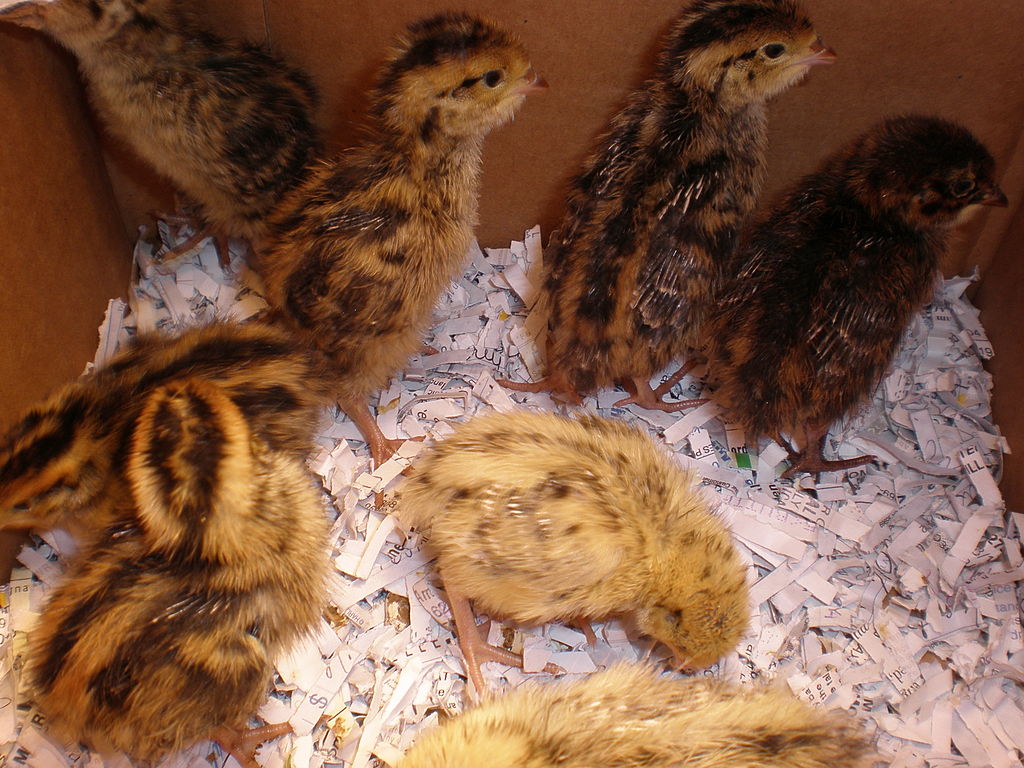
Famous breeds of quail
Coturnix Quails as discussed in length above are the easiest to raise and breed, not too keen on flying inside aviaries and much gentler towards newcomers. The Bobwhite Quails are characterized by the “bobwhite call” given by the males in the summer months and are also easier to raise. Bobwhites are raised commercially on a large scale and so they are found in multiple varieties, the most common being the “red” bobwhite. The Gambel’s Quail and scaled quail crossbreed in the wild. These birds are aggressive and of nervous temperaments. Their chicks do not hatch easily and raising these birds requires a lot of patience and space as they are also keen fliers. Quail poultry farming is very profitable when these birds are raised as table birds; they produce high protein meat and tasty eggs with several dietary benefits. Poor families benefit a lot by raising Quail for meat as not only do they gain profits but also maintain a healthy protein diet for themselves. Due to high poverty rates in Africa raising Quail for profit is common in countries like Nigeria and Kenya. Quail farming in Kenya has attained much success as the healthy quail eggs are now regularly eaten by men to boost their vitality within. The business is expanding into a broader market as several orders have been placed from four star hotels in the capital Nairobi. Coturniculture (breeding quails) is becoming increasingly common in Nigeria particularly in the northern part of the country. The popularity of quail farming in Nigeria is due to its medicinal values and the highly nutritious Quail eggs that are much better than the normal poultry foul eggs. The business is getting increasingly popular with small farms springing throughout the country and professional council for quail keepers is soon to be formed in order to advise quail breeders and ensure successful business ventures. Due to the economical setup and huge profit gains Quail farming is becoming increasingly popular and the sooner one goes into a business like this, the better

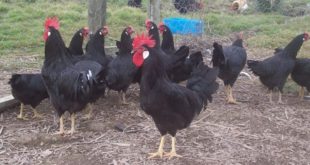
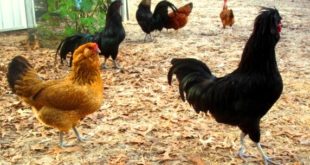
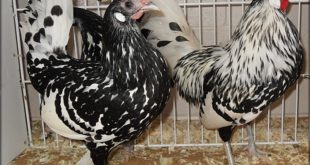
i think quail birds will be good for retirees as it does not consume time like other form of animal production,it may also be a source of quick cash
where can i study short course about bird breeding in Japan?
thank you
It’s nice to hear about your interest in quail bird,as I’m not resident in japan so it would be difficult to tell about any learning centre for bird breeding in japan,But I can help you by providing these two important links about quail breeding and detail
http://www.quailfarm.co.uk/index.php/quail-breeding
http://www.quails-in-essex.co.uk/
Salam,
I have always wondered about raising quails, but the apprehension has always been keeping these animals caged. I stopped raising chickens for this very same reason. Without a caging system, these domesticated birds have little or no chance of survival.
Is it possible you connect me with companies from china who require quail eggs in large quantity?
Its good and pleasant.
Am quail farmer in kenya and am looking for quail eggs export market how can you help me get one? Thanks
This is peter from Kenya and a quail farmer.i would like to start exporting meat and eggs of the same.please assist to connect me to the market.
Profitable poultry business requires record keeping. For free
recording keeping services, go to
http://www.pointsmaster.com/ssfdis/ from your mobile phone or
computer.
Records are useful for: determining profitability, decision
making, comparing improvements in the use of inputs (feed,
vaccination, land, labor, capital etc.), planning to grow and
become a more efficient producer.
I am hoping you can help me with a question.The picture at the top of this page shows corturnix quails with green/grey eggs, uniform not speckled.My quail lay the same colour eggs as you show in the picture but everywhere else I look online and in the markets the quail eggs are white with speckling.are my quail meant to be laying this colour egg?any help appreciated
The basic shell color is white or buff with patches of brown, black or blue. Individual hens characteristically lay eggs with a particular color pattern, shape and size. Certain recessive strains of Japanese quail lay almost white-shelled eggs.
I hope u will find enough information colors of quail eggs here:
http://www.feathersite.com/Poultry/Stuff/FeatherFancier/FeathFancQuail.html
https://en.wikipedia.org/wiki/Japanese_quail